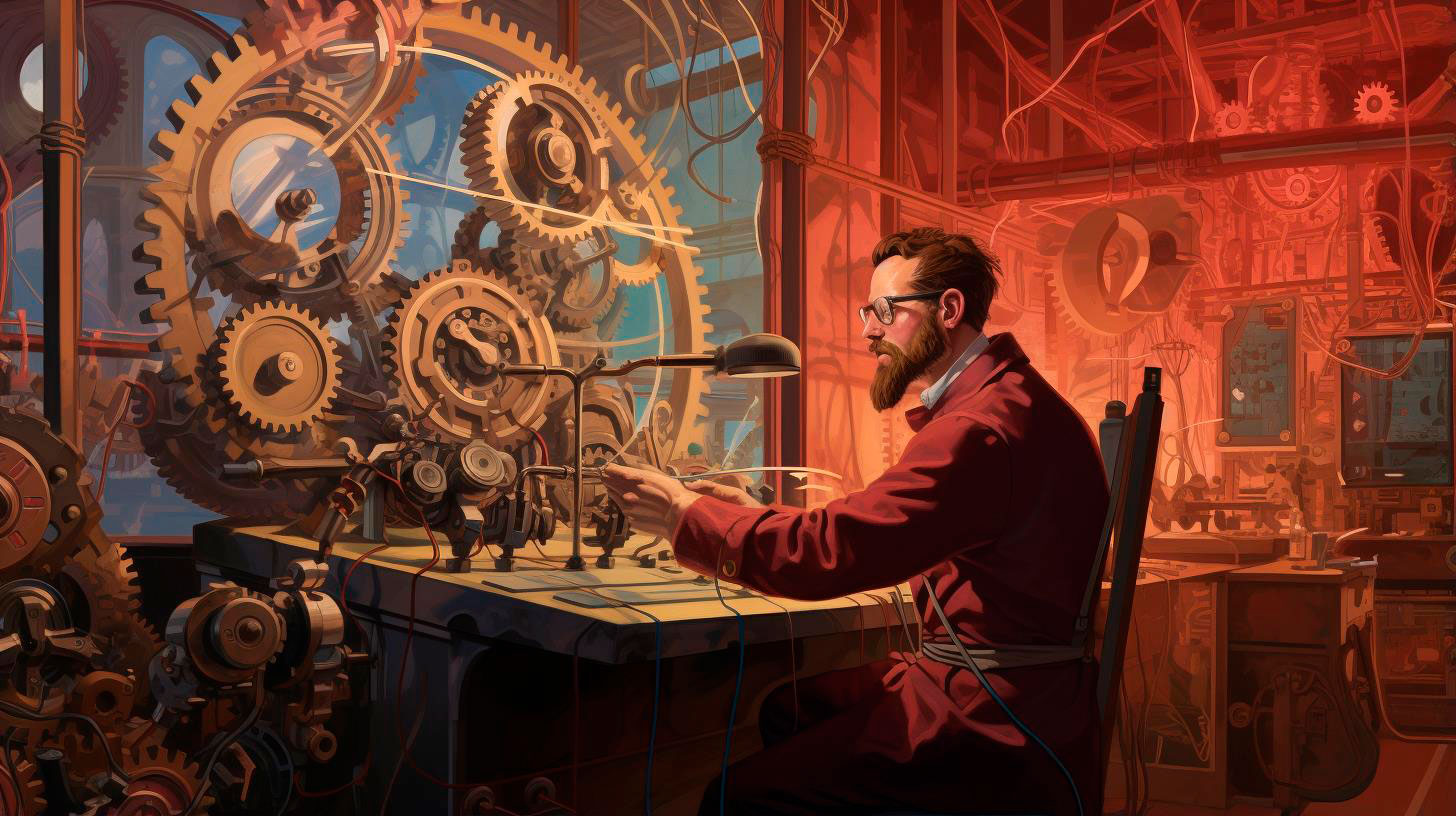This is where the role of nuclear energy comes into play. In this blog post, we will explore how nuclear power can contribute to the development and sustainability of these isolated communities.
The Challenges Faced by Remote and Off-Grid Communities
Remote and off-grid communities face unique challenges when it comes to meeting their energy requirements. These areas are often far away from existing power grids, making it difficult and expensive to extend electricity infrastructure. As a result, these communities often rely on fossil fuels, such as diesel generators, which are not only expensive but also contribute to air pollution and climate change.
Moreover, the intermittent nature of renewable energy sources like solar and wind makes them unreliable in these communities, as they heavily rely on weather conditions. This further highlights the need for a consistent and dependable energy source to address the energy needs of these communities.
The Benefits of Nuclear Energy in Remote and Off-Grid Communities
Nuclear energy offers several advantages when it comes to powering remote and off-grid communities:
- Reliability: Nuclear power provides a steady and continuous source of electricity, eliminating the fluctuations associated with renewable energy sources. This reliability is crucial for communities that rely on energy for essential services like healthcare, education, and water supply.
- Zero Emissions: Unlike fossil fuel-based power generation, nuclear energy does not produce greenhouse gas emissions, making it environmentally friendly and contributing to the fight against climate change.
- High Energy Density: Nuclear energy has a high energy density, meaning a small amount of nuclear fuel can produce a significant amount of electricity. This is particularly beneficial for remote communities with limited access to fuel supplies.
- Long Lifespan: Nuclear power plants have a long operational lifespan, providing decades of reliable electricity to remote communities. This longevity ensures a stable energy source, allowing for long-term planning and development.
Key Takeaways
Nuclear energy plays a crucial role in meeting the energy needs of remote and off-grid communities. Its reliability, zero emissions, high energy density, and long lifespan make it a viable solution for powering these isolated regions.
By harnessing the power of nuclear energy, communities can reduce their dependence on expensive and polluting fossil fuels, improving their quality of life while also contributing to a cleaner and more sustainable future.
If you want to learn more about the benefits of nuclear energy, check out this informative article from the World Nuclear Association. It provides in-depth insights and statistics about the global nuclear industry and its contribution to the energy sector.
